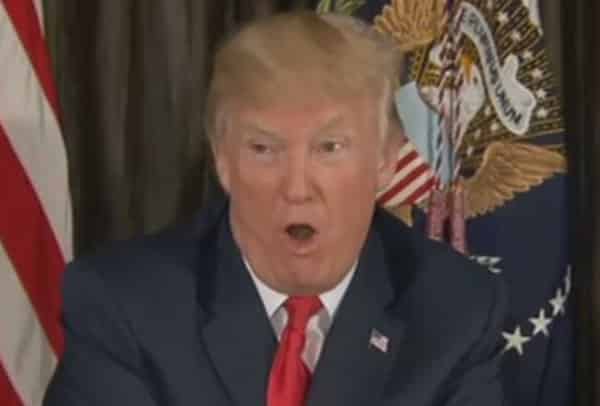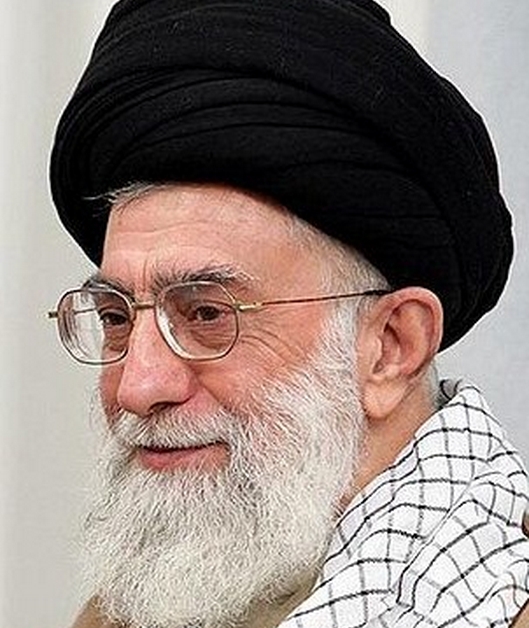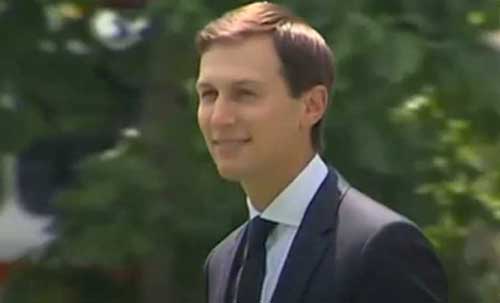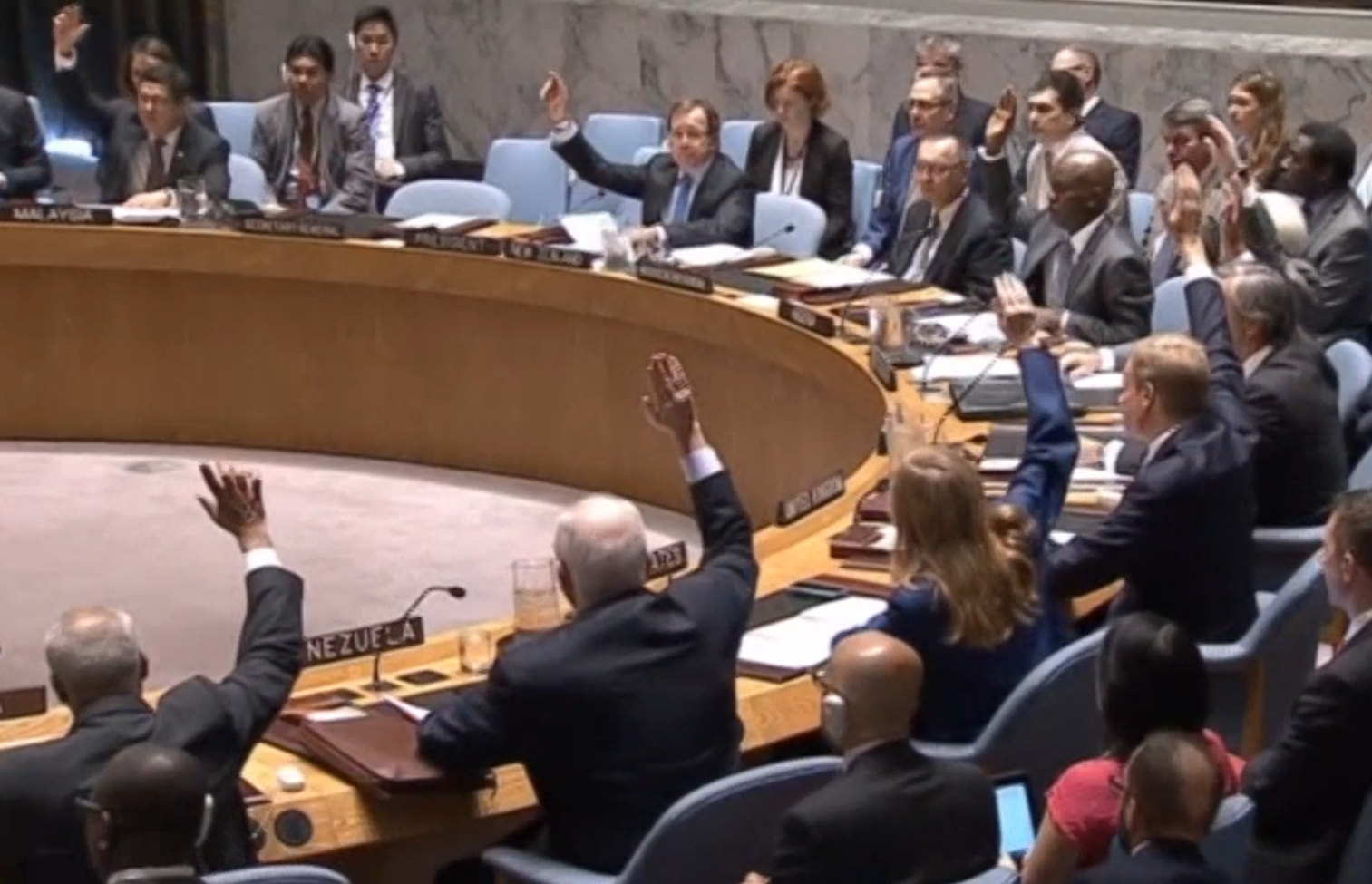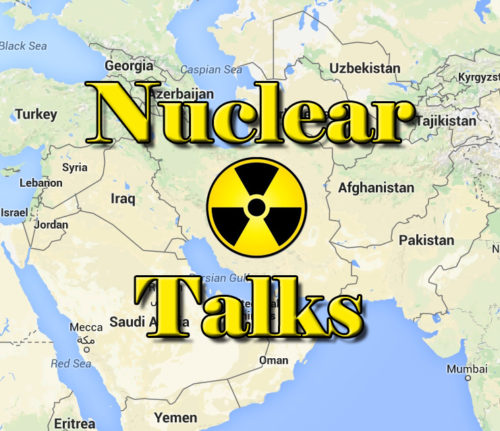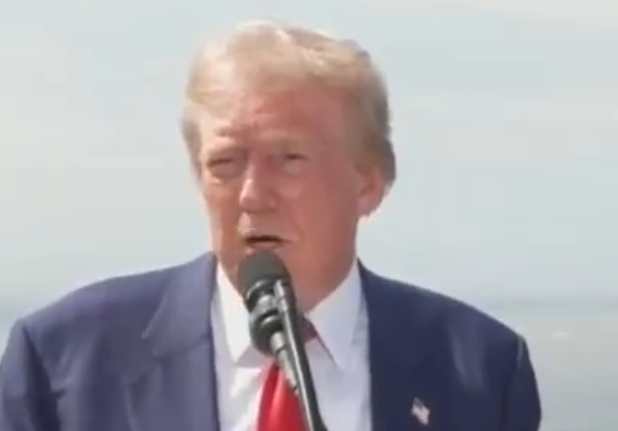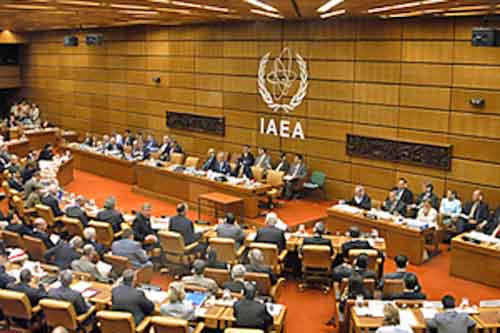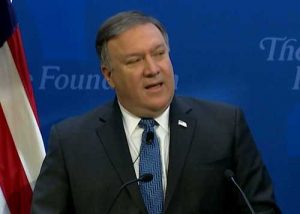
WASHINGTON — U.S. Secretary of State Mike Pompeo has unveiled a far-reaching list of demands for any new nuclear deal with Iran, and threatened economy-crushing sanctions if Tehran does not change its behavior.
The 12-point list of demands came in a Monday speech at the conservative Heritage Foundation that laid out the Trump administration’s strategy after pulling out of the Iran nuclear agreement earlier this month.
Under any new deal, Pompeo insisted, Iran must indefinitely abandon nuclear weapons work and provide United Nations inspectors access to sites anywhere in the country. He said Tehran must also end its proliferation of ballistic missiles and stop its “destabilizing activities” across the Middle East.
If Iran does not change course, the U.S. “will apply unprecedented financial pressure,” Pompeo warned.
“These will be the strongest sanctions in history by the time we are done,” said Pompeo. “The [Iranian] regime has been fighting all over the Middle East for years. After our sanctions come into full force, it will be battling to keep its economy alive.”
The Trump administration has vowed to reimpose sanctions that were lifted as part of the 2015 nuclear agreement, which was signed between Iran, the United States and several European countries. Washington has also imposed additional sanctions.
European countries are holding talks with Iran to try to salvage the deal. But it’s not clear whether the effort can succeed. On Sunday, Iran’s foreign minister, Javad Zarif, said the European Union’s “political will is not enough to preserve the deal,” according to Iranian state media.
Though some European businesses have said they will comply with the U.S. demands and stop doing business with Iran, some European leaders have threatened countermeasures to offset the effects of U.S. sanctions. That would make it more difficult for the U.S. to apply tough economic pressure on Iran.
In his speech, Pompeo acknowledged that many U.S. allies will suffer “financial and economic difficulties” because of the reimposed sanctions.
“We want to hear your concerns,” Pompeo said. “But you should know that we will hold those doing prohibited business in Iran to account.”
Getting significant multilateral buy-in for U.S. sanctions are key to effectively pressuring Iran, but could take a while, says Benham Taleblu, a research fellow at the Foundation for Defense of Democracies.
“It took a decade for the West to get the Joint Comprehensive Plan of Action. It probably will take a significant amount of time to get a genuine fix for the other Iranian problems,” says Taleblu.
Pompeo’s list of demands were wide-ranging, a reflection of the Trump administration’s multi-pronged criticism of the Iran nuclear deal.
According to Pompeo, Iran must “verifiably abandon” nuclear weapons work “in perpetuity.” It must stop uranium enrichment and “never pursue” plutonium processing. It must provide the IAEA with “unqualified access to all sites throughout the country.” It should end its proliferation of ballistic missiles. And it must release all U.S. citizens, “as well as citizens of our partners and allies.”
Pompeo also demanded that Iran stop supporting Middle East militant groups, including Lebanon’s Hezbollah, the Palestinian Hamas group, the Houthi militias in Yemen, and Taliban forces in Afghanistan.
Iran hasn’t yet responded to Pompeo’s speech, but many analysts say the U.S. list of demands are unlikely to be well-received since they reflect a fundamental change of Iran’s regional posture.
“By all accounts, this appears to be a strategy aimed at failing rather than succeeding,” says Trita Parsi, president of the National Iranian American Council. “Pompeo’s demands are clearly designed to ensure there cannot be any new negotiation.”
Source: VOA
[content id=”35021″]

